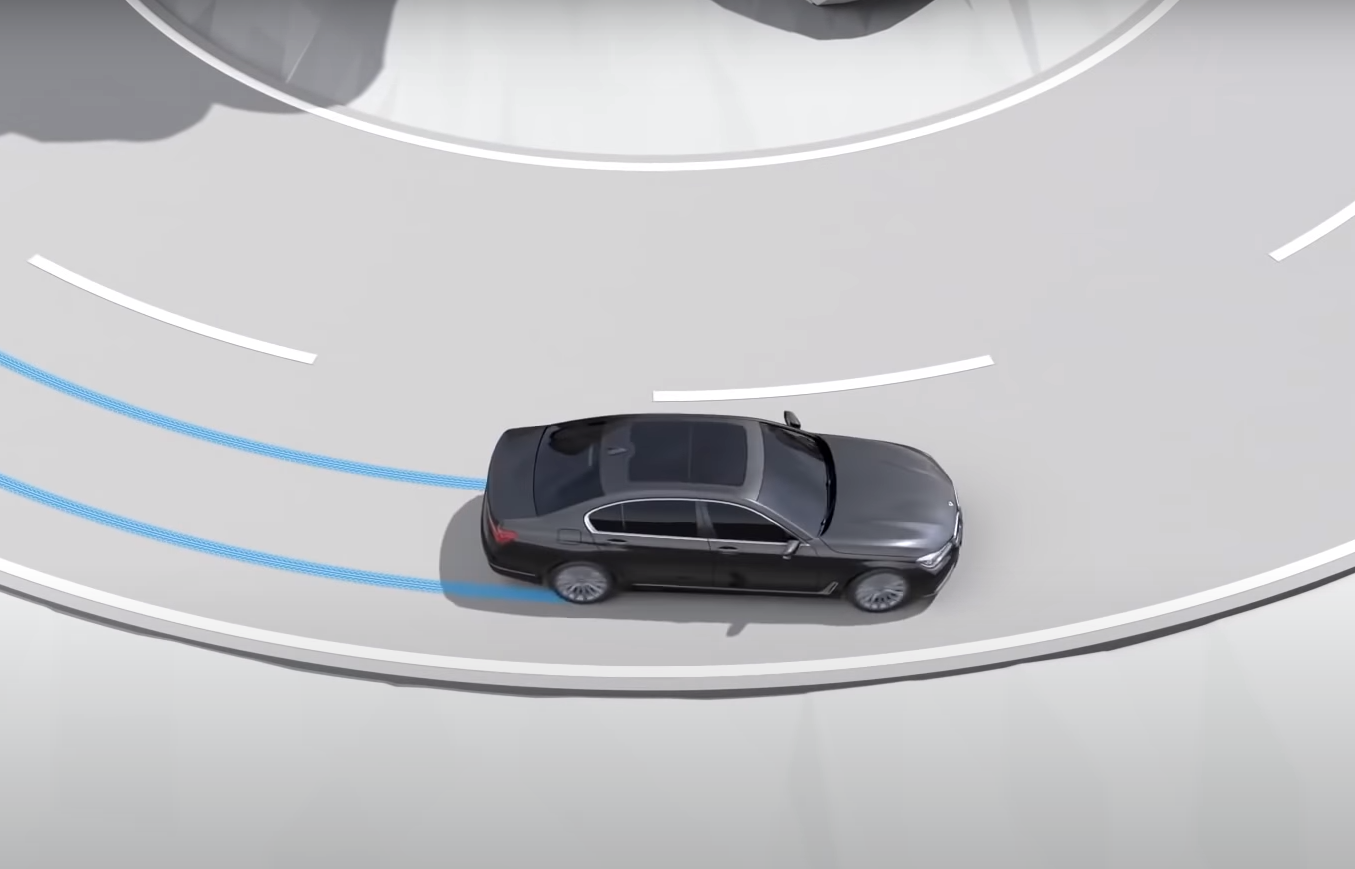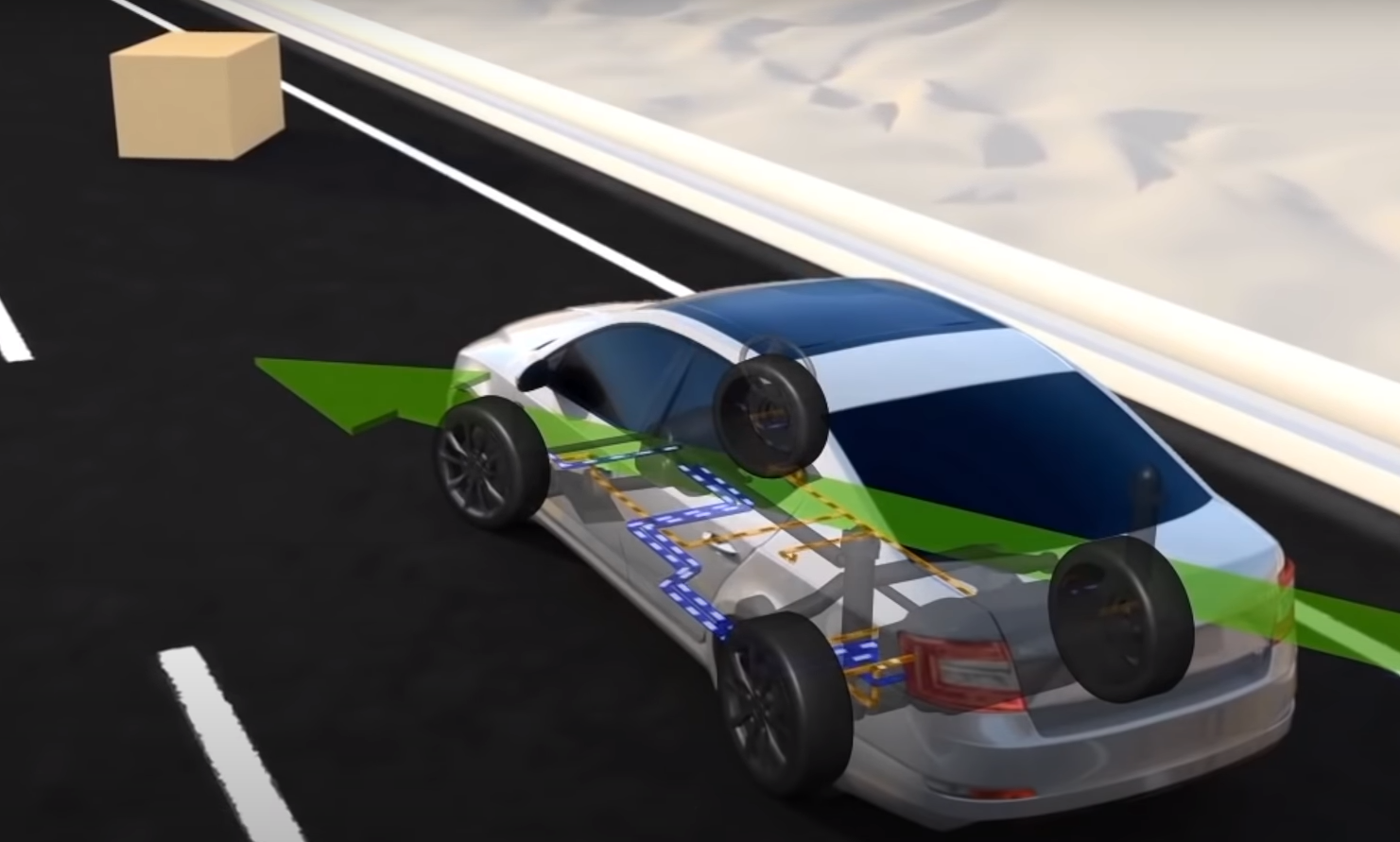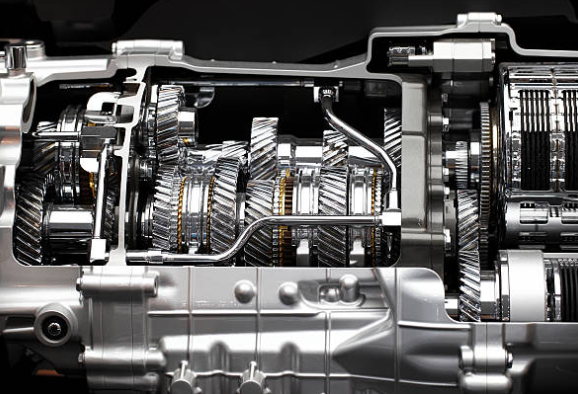Mastering the Roads with Electronic Stability Control
Amid the dynamic world of automotive technology, one advancement shines as a beacon of safety and driving prowess – Electronic Stability Control (ESC). This state-of-the-art system has transformed how vehicles react to shifting road dynamics and driver actions.
In this extensive exploration, we'll delve deep into the mechanics of Electronic Stability Control, uncovering its functionalities, advantages, and its pivotal role in amplifying both vehicle steadiness and command. Whether you're a seasoned road warrior or venturing into the realm of automotive technology, accompany us as we unveil the mysteries behind this revolutionary attribute.

Understanding Electronic Stability Control (ESC)
Electronic Stability Control, commonly known as ESC or ESP (Electronic Stability Program), represents a sophisticated safety innovation that proactively intervenes to avert instances of vehicle control loss. It employs a network of sensors to track diverse parameters, including steering angle, yaw rate, and wheel speed. Once it identifies an impending loss of control, such as skidding or oversteering, ESC springs into action by individually engaging brakes and fine-tuning engine power. This orchestrated intervention aids in swiftly restoring the vehicle's intended trajectory.

At the forefront of vehicular safety, Electronic Stability Control (ESC) stands as a sophisticated feature designed to avert skidding and maintain control in vehicles. By harnessing the capabilities of sensors that meticulously monitor parameters like vehicle speed, steering angle, and wheel speeds, ESC's electronic control unit (ECU) conducts real-time data analysis, promptly identifying deviations between the intended trajectory and the actual behavior of the vehicle.
In instances of detected skidding or loss of control, ESC intervenes adeptly by precisely engaging brakes on individual wheels and modulating engine power, effectively restoring the vehicle's intended path. The system's interventions are seamlessly integrated, ensuring that drivers regain command without disruption to their driving experience. Elevating both stability and control, ESC plays a pivotal role in substantially mitigating accident risks arising from challenging driving conditions, while instilling a sense of security and confidence in drivers navigating the diverse terrain of the road.

Advancements in Sensor Technology:
The trajectory of ESC's evolution is intricately linked to the advancement of state-of-the-art sensors. Enhanced precision and faster sensor technologies will amplify ESC's capacity to identify nuanced alterations in vehicle dynamics, resulting in swifter and more precise responses. Through the incorporation of sophisticated LiDAR (Light Detection and Ranging) and radar technologies, ESC is poised to achieve an elevated awareness of the vehicle's environment, thus bolstering stability control to a higher degree.
AI-Powered Predictive Analytics:
Artificial Intelligence (AI) is poised to play a transformative role in the future of ESC. By analyzing real-time data from various sensors, AI algorithms can predict potential loss of control situations even before they occur. This predictive capability would allow ESC to initiate corrective measures proactively, providing an additional layer of safety and further reducing the risk of accidents.
Adaptive ESC for Autonomous Vehicles:
As autonomous vehicles become more prevalent, ESC will adapt to cater to their unique dynamics. ESC systems will work in tandem with autonomous driving systems to ensure seamless transitions between human and autonomous control. This integration will address challenges specific to self-driving vehicles, such as sudden disengagement from autonomous mode or unexpected environmental changes.
Personalized Stability Control:
Future ESC systems may offer personalized settings, allowing drivers to tailor stability control preferences to their driving style and comfort level. Drivers will have the option to adjust ESC interventions based on road conditions, weather, and individual preferences, enhancing the overall driving experience.
Data-Driven Insights:
The information gathered through ESC systems holds significant potential for providing valuable perspectives to both automakers and researchers. Through the analysis of ESC data spanning diverse vehicles and driving scenarios, a deeper comprehension of road safety patterns can be attained.
-
Can ESC prevent all accidents?
While ESC is a valuable safety feature, it cannot prevent all accidents. It helps drivers maintain control in certain situations, but safe driving practices, attentive driving, and obeying traffic laws remain essential for preventing accidents.
-
Is ESC available in all vehicles?
ESC is now a common component in many contemporary automobiles, particularly those created recently. The brand, model, and trim level of the car may affect its availability, though.
See more review here: Top 10 Insect Repellents For Bug-Free Adventures













